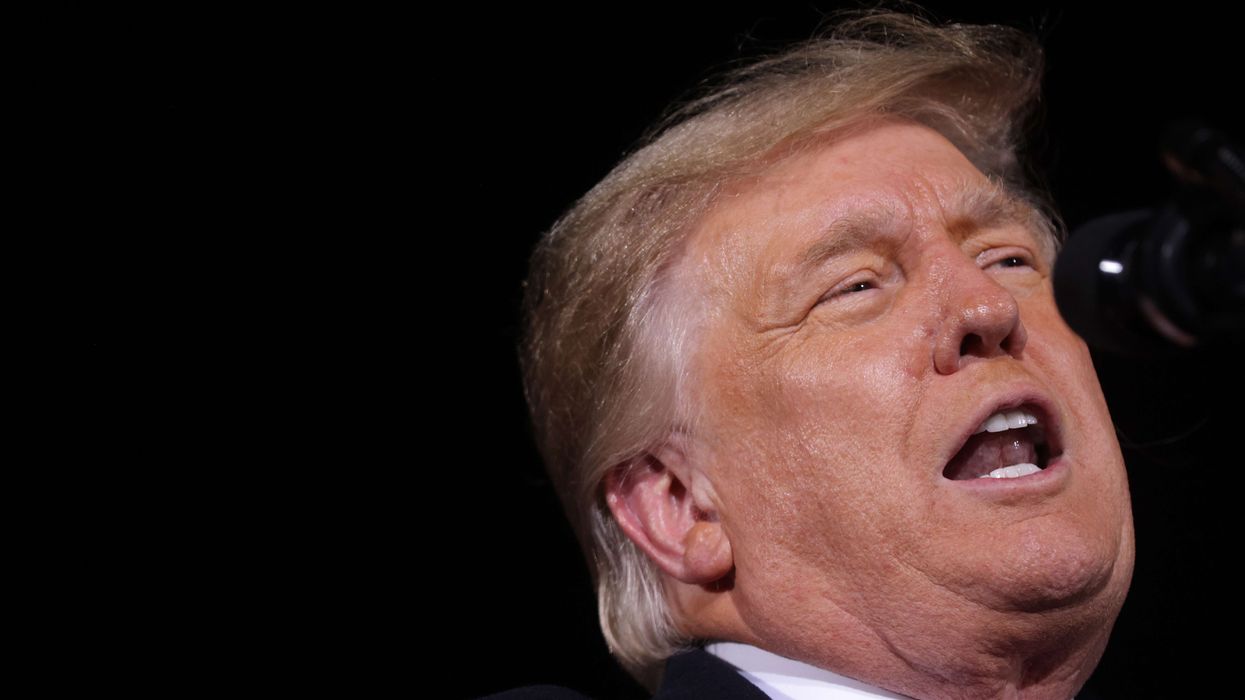By Amit Roy
IT WAS brave of the author Nikesh Shukla to turn down the offer of an MBE, braver still to let everyone know he had refused it because it stands for ‘Member of the Order of the British Empire’.
His action might had more of an impact, though, if he had kept quiet for six months and then leaked the story in a way that couldn’t be traced back to him.
His tweet makes him a target in Britain’s ever-intensifying culture wars, between those on the right who have been brought up to believe that the empire did more good than bad, and the children of the colonies – like Shukla – who know the opposite to be the case.
A sympathetic profile on Shukla noted: “Nikesh considers it his duty, as a British Asian, to try and normalise non-white narratives.”
The 40-year-old was born and brought up in Britain, but like many East African Indians, his father grew up in Kenya, his ancestors having gone there from Gujarat. He says his parents, who sent him to Merchant Taylors’ School in Northwood, struggled to pay the fees.
Shukla, who writes about racism, identity and immigration in Britain, is best known for editing a collection of spiky essays in 2016, The Good Immigrant: 21 Writers Explore What It Means to be Black, Asian & Minority Ethnic in Britain Today.
He had lots of likes after he tweeted: “Last month I was offered an MBE for services to literature. I said no thanks. I do not wish to be a member of the order of the British empire.”
He added: “The main reason for not accepting the MBE was because I hate how it valorises the British empire, a brutal, bloody thing that resulted in so much death and destruction. To accept the MBE would be to co-sign it.”
But one critic sarcastically offered him “congratulations” after telling him that “you want to make damn sure we all know you were offered it”. Another said, “Sometimes it’s another form of gaslighting – we offered to honour and recognise you and you turned down our honour and recognition, so don’t complain next time we treat you in a way that does not honour or recognise you.”
Shukla drew attention to ‘Operation Legacy’, an attempt in the 1950s through to the 1970s to identify and destroy colonial-era files that could prove embarrassing to subsequent British governments.
He tweeted: “As the country fights over the history of empire and whether it was good or bad, I considered Operation Legacy. A project to destroy all colonial documents that might embarrass the British. If the empire was so good, why do we need operation legacy?”
The youngest recipient in the Queen’s Birthday Honours List is 21-year-old Amika George, founder of the #FreePeriods campaign, who becomes an MBE for her work championing the distribution of sanitary products in UK schools.
Indian-origin George said she was humbled by the honour, but had to think twice before accepting it – given its association with Britain’s colonial past.
In accepting, she said, she wanted to “draw attention to our lack of education around empire and Britain’s history, but also to show other young people, particularly from the Asian community, who maybe don’t feel very empowered politically or don’t feel seen”.
A government statement emphasised: “The honours system strives to be inclusive of all of the UK society. Of the 1,129 people who receive an award, 15 per cent of the successful candidates come from an ethnic minority background, [while] 6.8 per cent of recipients are from an Asian ethnic group.”
The honours system was devised when Britain had an empire. CBE stands for Commander of the Order of the British Empire; OBE (Officer of the Order of the British Empire); MBE (Member of the Order of the British Empire); and BEM (British Empire Medal).
The fact is that Shukla’s gesture is unlikely to affect the British Asian desire to get an honour, even if it includes the word “empire”. It offers them much-needed validation that they have made it in Britain.





 And , Tim Davie
And , Tim Davie






